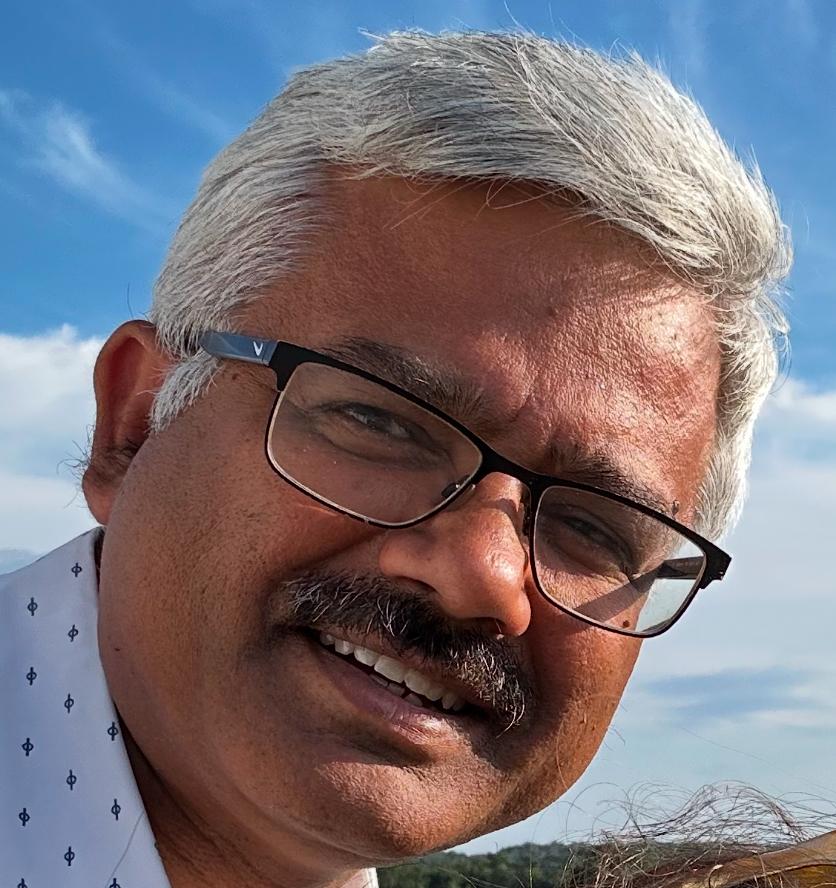Trump-Modi bond holds key to U.S.-India future, says geopolitical expert
He underscored that the strategic partnership between the United States and India is not optional—it is vital.
 Al Mason is a New York-based entrepreneur and geopolitical expert. / Lalit K Jha
Al Mason is a New York-based entrepreneur and geopolitical expert. / Lalit K Jha
In a world where political alliances are often transactional and short-lived, the enduring relationship between U.S. President Donald Trump and Indian Prime Minister Narendra Modi stands out as a defining feature of 21st-century geopolitics, argues New York-based entrepreneur and geopolitical expert Al Mason.
In a statement titled Beyond Diplomacy, Mason writes that while diplomatic protocols may dictate the stagecraft of international affairs, it is the personal rapport between world leaders that often drives strategic decisions behind the scenes.
ALSO READ: USISPF Chief Urges Modi-Trump Dialogue to Defuse Trade Tensions as Tariffs Rise
“Donald Trump and Narendra Modi are two such leaders. Seasoned politicians and master tacticians, they have cultivated a friendship that goes beyond ceremonial diplomacy. It is not just handshakes and photo ops—it is a convergence of mindsets,” Mason says.
Their relationship, he notes, has weathered policy disagreements and changing administrations. But the core of their bond—mutual respect and a shared vision of national strength—remains intact.
“Both understand that leadership is not about avoiding conflict, but about navigating it with clarity and purpose,” Mason adds, suggesting that any friction between the two can be resolved through open dialogue rooted in trust.
Mason underscores that the strategic partnership between the United States and India is not optional—it is vital. “One is the world’s oldest democracy, the other its largest. Their strategic interests are deeply intertwined, and their partnership is not a matter of convenience; it is a geopolitical necessity.”
At a time of global polarisation and shifting alliances, Mason emphasises that a strong U.S.-India relationship—fueled by trust at the highest levels—could serve as an anchor for democratic values worldwide.
“As history has shown us, enduring friendships between leaders can tip the scales of global diplomacy. The Modi-Trump dynamic could very well shape the next chapter of U.S.-India relations,” Mason concludes.
_page-0001.jpg)

 Lalit K Jha
Lalit K Jha
.jpg)
.jpg)




.jpg)





.jpg)

Comments
Start the conversation
Become a member of New India Abroad to start commenting.
Sign Up Now
Already have an account? Login